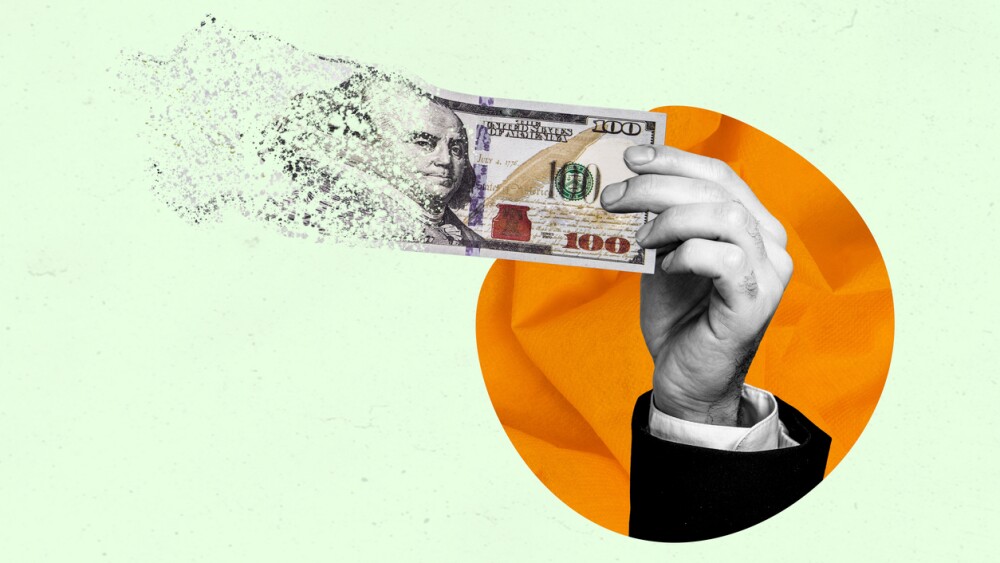Pfizer and BioNTech share data with FDA on COVID-19 vaccines for younger children as Sanofi pivot on its mRNA COVID-19 vaccine, shifting focus toward other infectious diseases instead.
There was movement on COVID-19 vaccines for younger children this week, with Pfizer and BioNTech sharing data with regulators. Meanwhile, Sanofi has pivoted on its own mRNA COVID-19 vaccine, shifting focus to other infectious diseases. Here’s a look.
Pfizer and BioNTech Submits Data to FDA for COVID-19 Vaccine for 5
–12-Year-Olds
Pfizer and BioNTech submitted data to the U.S. Food and Drug Administration (FDA) on the efficacy and safety of their COVID-19 vaccine in children ages five to 12 years of age. In the data, which included 2,268 children, the vaccine showed a favorable safety profile and effective neutralizing antibody responses using two doses of a lower dose than in adults, 10 micrograms. In adults, a 30-microgram dose is deployed. This is not a formal submission for an Emergency Use Authorization (EUA), but rather a sharing of the data for initial review. A formal EUA submission is expected for this age group in the following weeks. They also expect to submit to the European Medicines Agency (EMA) and other regulators.
As reported yesterday, Pfizer’s Chairman and Chief Executive Officer Albert Bourla had indicated to ABC News over the weekend that it would submit data to the FDA for this age group within days.
Presently, approximately 26% of all COVID-19 cases in the U.S. are in children. The vaccine is approved for people 12 years and older.
The vaccine was recently authorized as a booster shot for people 65 years of age and older, people who are immunocompromised, front-line healthcare workers, and for people who are at high risk due to work or institutional environment. This decision has been met with some criticism by the World Health Organization (WHO) and others, arguing it should be delayed until lower-income countries can get their population dosed before wealthier countries begin booster shots.
Bourla said, “I think it is also not the right thing to try to resolve it with an ‘or’ when you can resolve it with an ‘and.’ It’s not ‘Shall we give boosters or give primary doses to other people?’ I think the answer should be, ‘Let’s give both boosters and doses for other people.’”
He pointed out that Pfizer has manufactured 2 billion doses by the end of September, and of them, 500 million went to middle- or lower-income countries. They further expect to produce another billion doses by the end of the year, with 1 billion going to low- and middle-income countries.
Sanofi Abandons Plans for mRNA COVID-19 Vaccine
Although Sanofi had reported promising Phase I/II interim results for its mRNA COVID-19 vaccine, the company indicated it plans to drop the COVID-19 program. They cite competition, noting that by the time they could get approval, the market would already be saturated. Instead, it will shift its focus to mRNA vaccines for other infectious diseases.
The Phase I/II data demonstrated neutralizing antibody seroconversion, meaning a four-fold increase in antibodies compared to baseline, in 91% to 100% of study participants, two weeks after the second shot, in all three doses tested.
“We are happy to see these positive initial results,” said Jean-Francois Toussaint, Global Head of Research and Development, Sanofi Pasteur. “We have made an impressive move just nine months after the worldwide proof of concept of mRNA vaccines and only 17 since we started this first mRNA vaccine project. These results will clearly help inform the path forward for our mRNA development programs. Today, we have a promising mRNA platform, which we’re taking to the next level in development, including moving to modified mRNA, and against other diseases, including flu.”
The Paris-based company plans to accelerate the development of other mRNA vaccines via its “center of excellence,” which will include about 400 staffers. Thomas Triomphe, Sanofi’s Global Head of Vaccines, told STAT that they expect to develop mRNA vaccines and treatments that can be used under normal conditions, but also be prepared to manufacture vaccines if another pandemic occurs.
Sanofi is a leader in influenza vaccines, manufacturing 40% of the flu vaccines used around the world. Although it is halting the mRNA COVID-19 vaccine program, it is continuing its partnership with GlaxoSmithKline on a recombinant protein COVID-19 vaccine. The two companies expect to have readouts by the end of the year on their Phase III trial for that vaccine in addition to ongoing studies of the Sanofi shot as a booster dose for other vaccines. Sanofi also has manufacturing arrangements for COVID-19 vaccines with Pfizer, Moderna and Johnson & Johnson.





